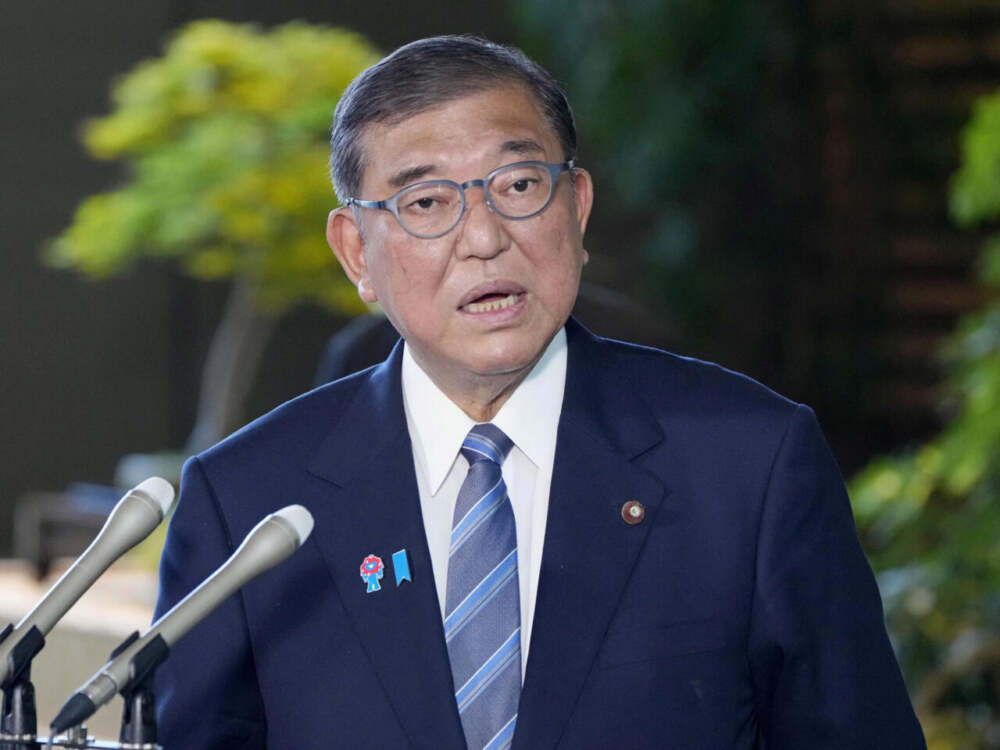Japanese Prime Minister Shigeru Ishiba announced his resignation on Sunday, less than a year after taking office, following a string of electoral defeats that left his ruling Liberal Democratic Party (LDP) weakened and divided.
Mounting Pressure
Ishiba’s departure was widely anticipated after the LDP and its coalition partner lost their majority in both houses of parliament. The defeats, driven largely by voter frustration over persistent inflation, rising living costs, and a stagnant economy, created a wave of discontent that the prime minister could not overcome. Facing an imminent internal leadership vote that was expected to turn against him, Ishiba chose to step aside voluntarily.
In his resignation speech, he said he wanted to prevent deeper divisions within the party and allow new leadership to restore public trust. He added that his decision was also shaped by his desire to “pass the baton to the next generation” now that his government had secured a landmark trade agreement with the United States, reducing tariffs on Japanese car exports.
Economic and Market Impact
The announcement sent immediate ripples through financial markets. The Japanese yen fell sharply against major currencies, while long-term government bond yields climbed to record highs. Investors expressed concern over the potential instability of Japan’s leadership at a time when its economy is already under significant strain.
Leadership Race Ahead
The LDP has now launched an emergency leadership race to select Ishiba’s successor. Among the frontrunners are Sanae Takaichi, a conservative heavyweight who narrowly lost last year’s leadership contest; Shinjiro Koizumi, a reform-minded minister and son of former Prime Minister Junichiro Koizumi; and Yoshimasa Hayashi, a seasoned policymaker with extensive cabinet experience.
However, with the ruling coalition lacking a majority in parliament, the next leader may struggle to secure the premiership outright. This raises the possibility of a snap general election or even an opposition-led government if alliances shift.
A Short-Lived Premiership
Ishiba, who took office in October 2024 after years of unsuccessful bids for party leadership, promised to tackle Japan’s demographic challenges, strengthen national security, and rebuild trust in politics. But his independent streak and clashes with party factions often left him isolated. His inability to unify the LDP or deliver quick results on the economy eroded his popularity and credibility.
Japan’s Political Future
With Ishiba’s resignation, Japan enters a period of uncertainty. The next leader will face the difficult task of reviving public confidence, stabilizing the economy, and navigating tense regional security challenges.
While Ishiba’s time as prime minister was brief, his exit underscores the volatility of Japanese politics and the growing pressure on leaders to deliver rapid results in an increasingly impatient political climate.
















Leave a Reply